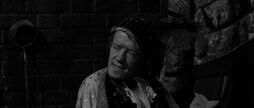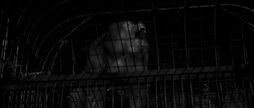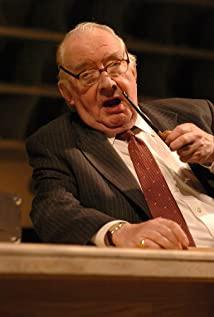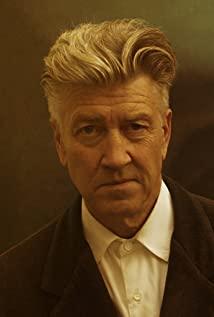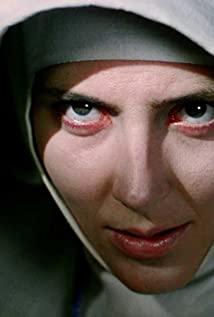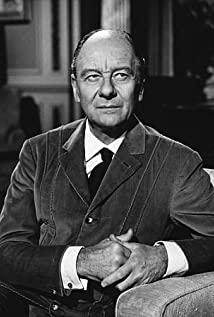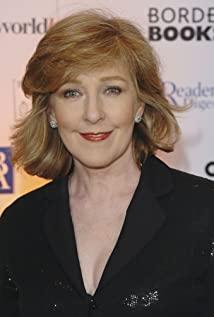When watching David Lynch's The Elephant Man, I kept thinking of Quasimodo in Notre Dame de Paris and Gwyn Plum in The Laughing Man, both of whom were trapped in life because of their deformed appearance. The mud ditch has experienced the deepest and cruelest suffering and darkness in life, but they all have the most beautiful and noble souls that are completely opposite to their appearance.
Watching the film is like reading a deep, ancient and noble fable. On the way back, I kept thinking about what Huang Canran said in his poem: "The universe is good because it does not distinguish between good and evil and accommodates good and evil. The world is also good, even if it is evil, it is good because it is in the universe. In goodness."
Seems to be able to understand a little more of what it means. Everything in the abyss and heaven is in human nature, and only kindness can cover and clean up those dark, cruel and ugly parts, so that our lives are as beautiful as ants and as gods [love]
The most weeping scenes during the viewing process:
1. The doctor shed tears when he first saw the mutilated and deformed body of a human being performed like an animal. (The moment when the light in human nature flickers)
2. The Elephant Man was treated and cared for like never before in the hospital. He kept saying to the dean who came to visit him with tears: "Everyone here is so kind", and after the dean left, he recited his memory Psalm 23 in the Bible. (Beautiful mind and most beautiful poem imprisoned by deformed face)
3. The Elephant Man took out the picture of his mother and said to the doctor's wife: "My mother has an angel-like face, and I must have disappointed her with my appearance. But I hope she likes my original appearance, because I have been trying my best to be a good one. Good man." (Mother's holy and beautiful face is the guide of the elephant's soul)
View more about The Elephant Man reviews





